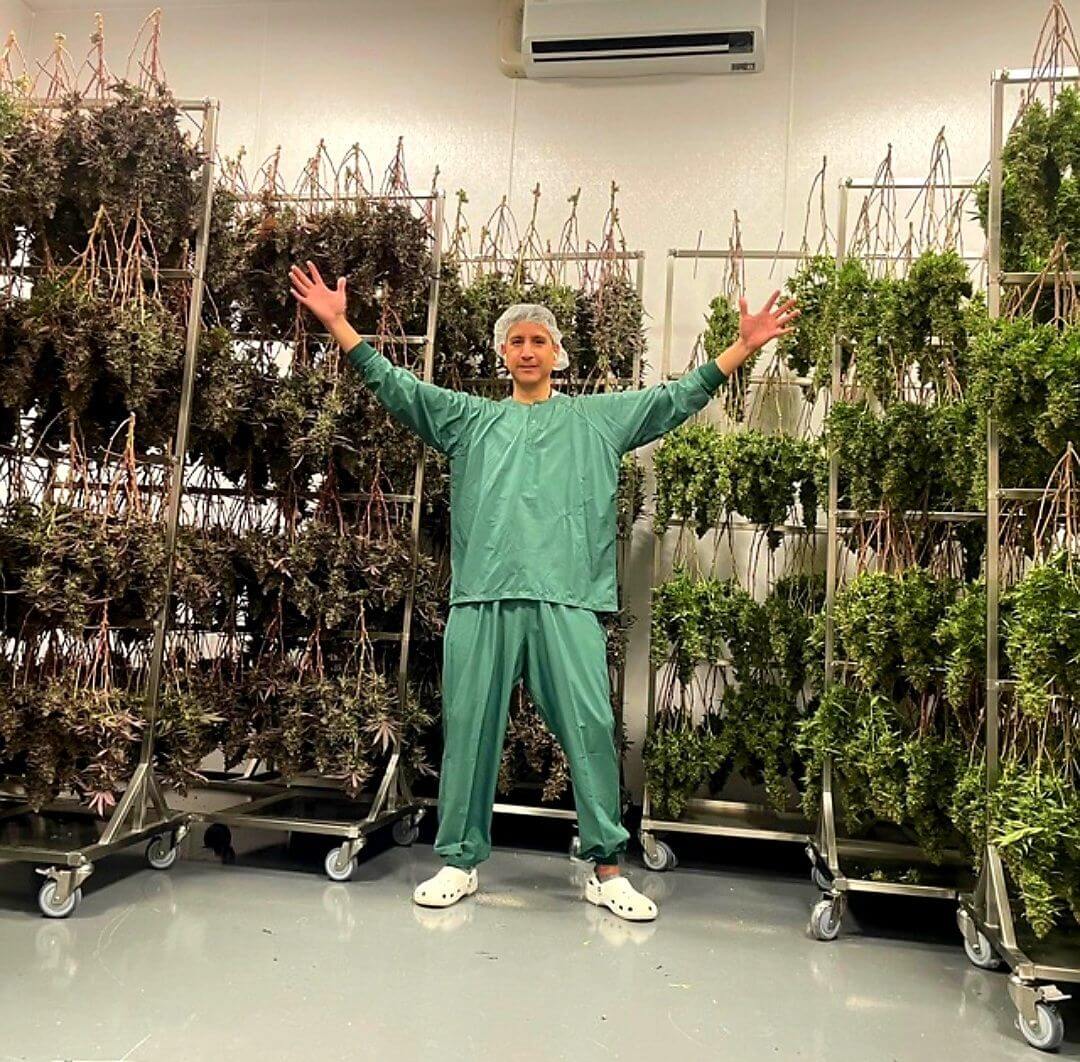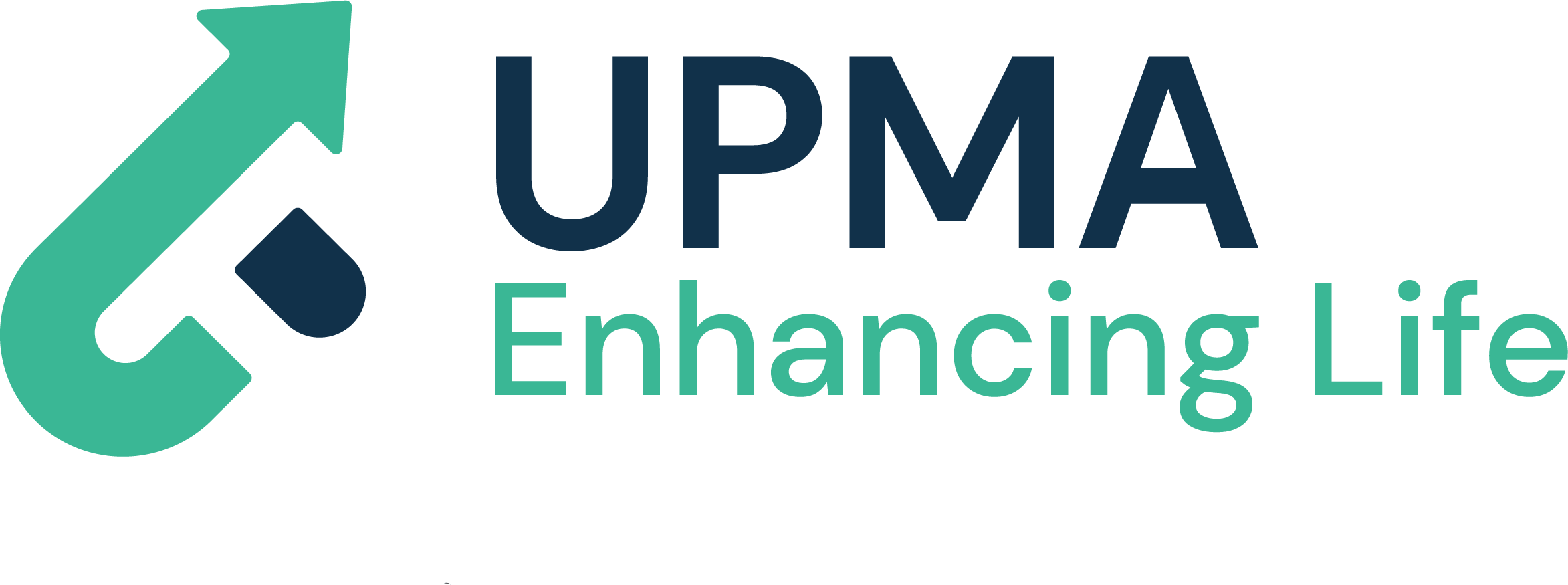Why is it important to work and help marginalized, victimized and oppressed groups? North America ought to become an exemplary leader within the global cannabis sector, leading the G8 countries (Global North), Global South, Southeast Asia, Latin America and the Caribbean region. The globalized community is watching, with keen interest on how minorities are treated with respect to cannabis development. This sets the precedent of speaking with clarity to inequity and inequalities within the cannabis sector.
The affected groups are as follows:
- Native Americans
- Black Communities
- Hispanic Societies
- Asian Communities
- Caucasian Minority
I stand in solidarity with our brothers and sisters mentioned above. The lack of engagement practice, in plant medicine development among our North American governments, remains extremely appalling.
Let’s review the Pillars of Cannabis Development, I’ve shared thus far:
- Participatory Development
- Women in Cannabis (WIC) & Women and Cannabis (WAC)
- LGBTQ+ Community
- Gender Inclusivity
- Minority Communities
We continue to call on the administration of Mr. “Sleepy Joe” and Mr. “Black Face.” To provide, the most recent data, illustrating the widening gap of social inequity and gaping hole of inequalities, among diverse groups of societal construct, for public scrutiny. I’ve taken huge pay cuts to boost minority participation and development within this sector. I can categorically state that I’ve worked, lectured and collaboratively engaged a wide cross section of diverse minority groups.
For example:
- The Williams Lake First Nation
- The Kamloops First Nation
- Tsideldel First Nation
- Diverse emerging leaders contingent from the Governor General office in Ottawa, Canada
Diversity and inclusion in plant medicine development matters! We collectively, continue to advocate in regards to best practices in engagement, within plant medicine development to provide minority communities a seat at the table for collaborative and improved developmental outcomes.
Do you believe minority communities need a voice to tell their own stories?
Do you think minority groups deserve a seat at the table for collaborative approaches in the national development agenda?
What are your thoughts on minority inclusivity?

